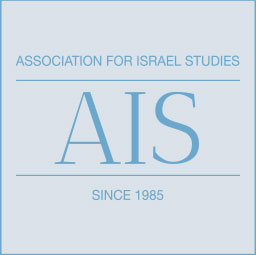New Books
By Sarit Cofman Simhon
Mofet Institute (in Hebrew), 2024. ISBN 978-965-530-217-2. 265 pages.
From Language to Performance: Jewish tongues Onstage in Israel
In the twenty-first century, increasing numbers of Israelis are joining the efforts to preserve and revive endangered Jewish tongues and dialects on stage as part of the search for their diasporic roots, which are now on the verge of extinction. Across the country, one can attend shows in practically every Jewish language (Ladino, Yiddish, Judeo- Moroccan, Juhuri, Judeo-Aramaic, Bukharan, Judeo-Iraqi, and others).
Above and beyond the historical and sociological transitions, this phenomenon opens up a new category of performances, which I would like to examine and conceptualise: theatre productions in endangered languages.
Basing my book on case-studies that are in my view key phenomena, I analyse performances and interviews with audiences and founders of various theatres and explore how these languages operate on stage, how they are received, who is the audience, and what is their aesthetic rationale. I propose three socio-political metaphors (the zombie, the genie, and the dybbuk) that enable me to illuminate the specific situation of diasporic languages in Israel as ‘undead.’
At the heart of my analysis is the concept of postvernacularity, a term coined by Jeffrey Shandler in Adventures in Yiddishland: Postvernacular Language and Culture (2008). Shandler defined postvernacularity as a cultural practice in which languages that are no longer in use as the vernacular gain in symbolic value what they have lost in communicative functions by generating vanished soundscapes and performing vocal dimensions of familiarity and estrangement. Indeed, what is peculiar about postvernacularity is that rather than the language functioning as a vehicle of performance, its utterance is the performance itself.
